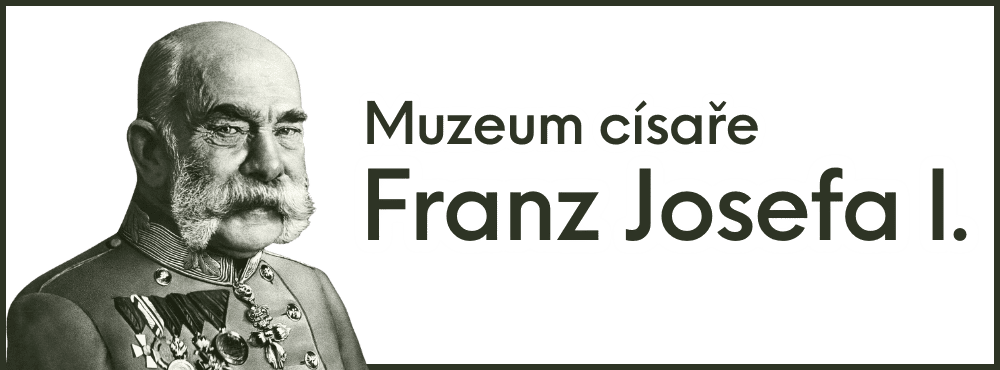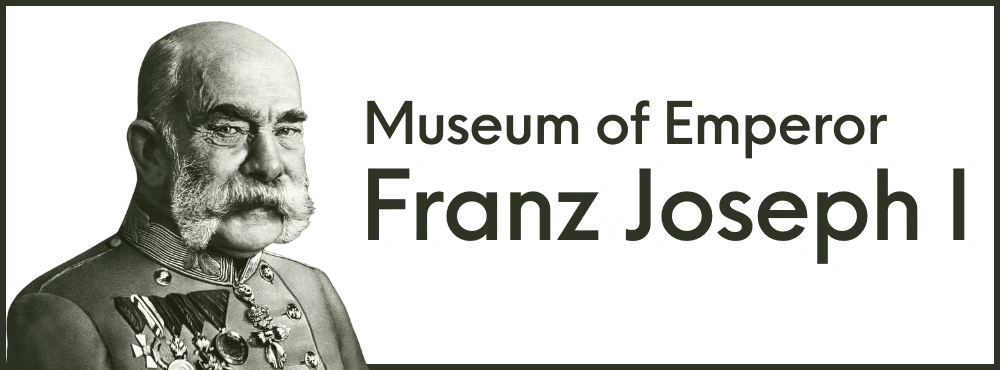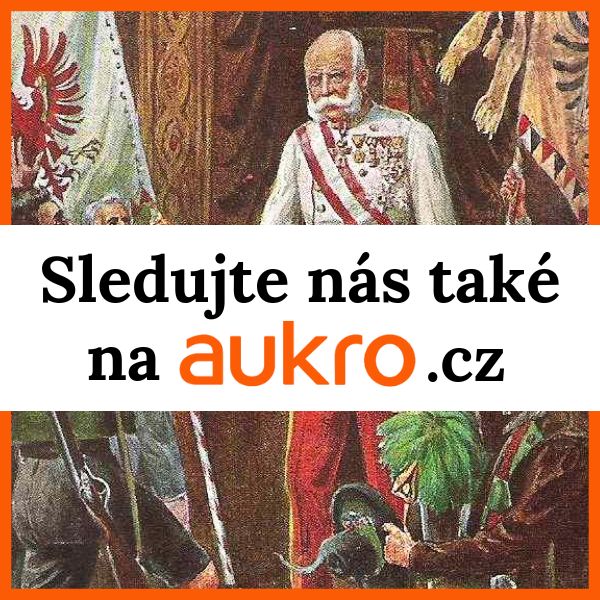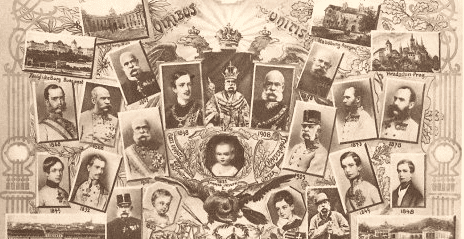At the end of 1847 and the beginning of 1848, the economic unrest that affected the whole of Austria intensified. Crop failures and unemployment unleashed waves of unrest and rebellion.
FFranz Joseph ascended the Austrian throne in a not very good political atmosphere on December 2, 1848. Eighteen-year-old Franz Joseph I took over from his uncle Ferdinand I. From the beginning of his reign, he had to face revolutionary challenges both domestically and abroad.
The name František Josef in other languages:
- Frans Joseph I van Oostenryk
- فرانز جوزيف الأول
- I Frans İosif
- Франц Йосиф (Австрия)
- Franjo Josip,car Austrije
- Francesc Josep I d’Àustria
- FranzJoseph 1. af Østrig-Ungarn
- Franz Joseph I.
- Φραγκίσκος Ιωσήφ Α΄ της Αυστρίας
- Franz Joseph Iof Austria
- Francisko Jozefo la 1-a (Aŭstrio)
- Francisco José I de Austria
- Franz Joseph I
- Frans Joosef I
- François-JosephIer d’Autriche
- Arquiduque Francisco Xosé
- פרנץ יוזף הראשון,קיסראוסטריה
- Franjo Josip I.
- I.Ferenc József magyar király
- Franz Josef Idari Austria
- Franz Josef 1ma
- Francesco Giuseppe I d’Austria
- フランツ・ヨーゼフ1世(オーストリア皇帝)
- 프란츠 요제프1세
- Franciscus Iosephus I
- Franzesch Giusepp I de Austria-Ungaria
- Francis Jozefs I
- Frans JozefI van Oostenrijk
- FransJosef I av Østerrike-Ungarn
- Franciszek JózefI
- Francisco José I da Áustria
- Franz Joseph al Austriei
- Франц Иосиф I
- Franjo Josip I
- Franz Joseph I of Austria
- František Jozef I.
- Franc Jožef I. Habsburško-Lotarinški
- Франц Јозеф I
- FransJosef I av Österrike
- สมเด็จพระจักรพรรดิฟรานซ์โจเซฟที่ 1 แห่งออสเตรีย
- Franz Joseph
- Франц Йосиф I
- Franz Joseph I của Áo
- פראנץיאזעף
Hungary's nationalist movement demanded recognition of Hungary's equality with Austria, and growing Italian nationalism threatened the Habsburg provinces on the Apennine Peninsula. Prussia, determined to fight with Austria for Germany, threatened in the north.
On 15 March 1868, the policy of dualism was introduced and the Austria-Hungary Empire was created. Austria and Hungary are two countries connected only by the person of the emperor, the emperor is also the hereditary ruler of both countries, and they share three ministries: foreign affairs, war and finance.
Industrial progress in the period 1873-1913 led to a 5% rise in production. The economy in the Austrian half of the empire was centered on urban industrial areas (the textile industry), which had grown regularly since the Industrial Revolution. In Hungary, they focus more on the agricultural sector (sugar factories, breweries). Despite great national tensions, Austria-Hungary was still a very prosperous state. Vienna became the cradle of artistic and intellectual life, practically became the vanguard of the avant-garde in music, painting and architecture.
On June 28, 1914, Serbian nationalists carried out a successful assassination of Francis Ferdinand d'Este, the imperial successor. Then the Austro-Hungarian government gave Serbia an ultimatum, Serbia accepted most of the conditions, but not all. Afterwards, Austria-Hungary broke off all negotiations and declared partial mobilization, accused Serbia of supporting terrorism, and declared war on July 28, 1914. Powers came to the aid of their allies and declared war on each other. Germany supported Austria-Hungary and declared war on Russia and France. France was supported by Britain, then Italy.
This started the (First) World War in Europe. Four years of war cost ten million lives and destroyed the economy of many countries.
Emperor Francis Joseph I dies on 21 November 1916 in Vienna, in the middle of the First World War. Charles I ascends the throne, but he is unable to unite the diversity of nations, and in the course of October 1918, the definitive disintegration of the Austria-Hungary Monarchy begins.



